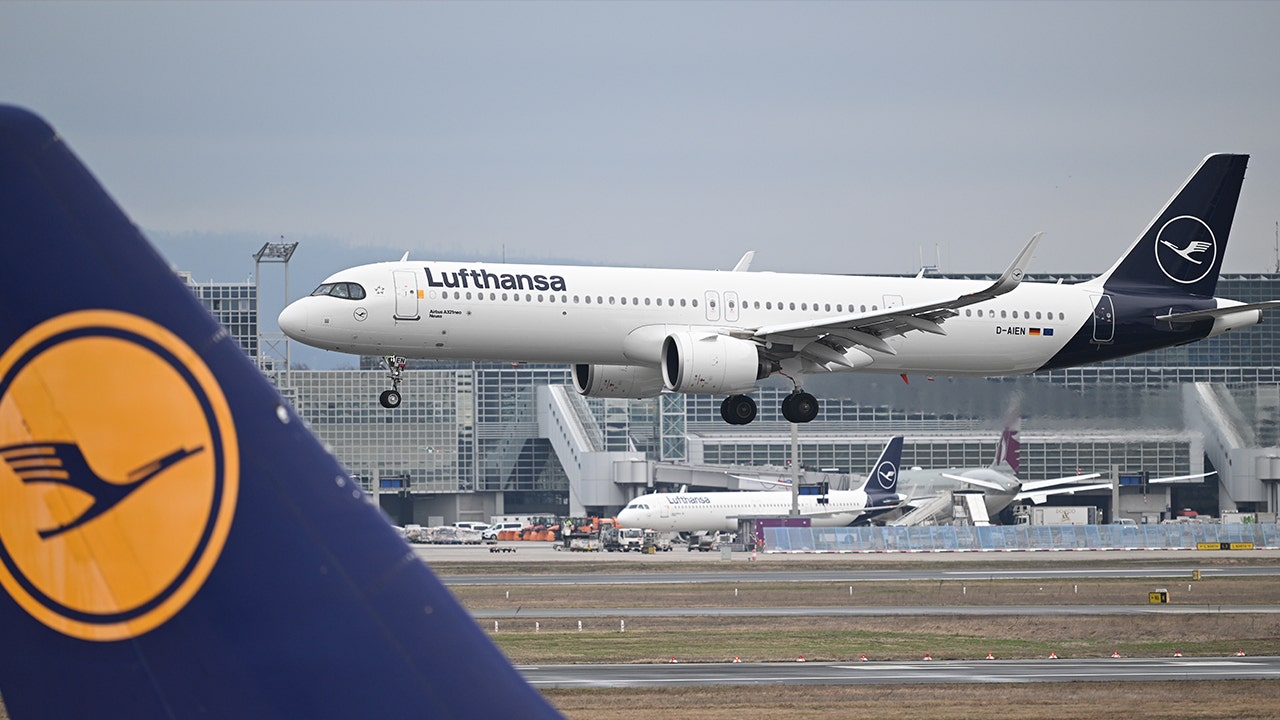Lufthansa flight flew unmanned for 10 minutes after copilot faints

Last year, a shocking incident occurred on a Lufthansa flight that left passengers and crew members in a state of panic. According to a report by the Spanish accident investigation authority CIAIAC, an Airbus A321 flight from Frankfurt, Germany, to Seville, Spain, flew for more than 10 minutes without a conscious pilot on February 17, 2024.
The co-pilot of the flight suffered a sudden and severe incapacitation, losing consciousness in the cockpit while the captain had stepped out for physiological reasons. Despite the alarming situation, the autopilot system was engaged, allowing the aircraft to continue flying in a stable manner with 199 passengers and six crew members on board.
Upon learning of the incident, Lufthansa Airlines acknowledged the report issued by the Spanish authorities. The airline stated that they had provided extensive support to the investigation and conducted their own thorough inquiry into the matter. However, they refrained from making further comments on the report.
The Spanish investigation revealed that the captain had left the flight deck to use the restroom, leaving the co-pilot alone. When the captain returned and tried to re-enter the cockpit, he found the door locked and his repeated attempts to unlock it failed. A call from the cabin crew to the flight deck also went unanswered.
After entering an emergency access code, the captain was moments away from releasing the door when the co-pilot managed to open it manually from the inside, despite being unwell. The captain took control of the aircraft at 10:42 UTC and found the co-pilot in a distressing state – pale, sweating, and moving strangely. With the help of a crew member and an onboard doctor, first aid was administered, suspecting a possible heart condition.
The captain then decided to divert the plane to the nearest suitable airport and landed safely in Madrid approximately 20 minutes later. The co-pilot was immediately taken to the hospital for further medical attention. It was later revealed that the co-pilot had a previously undetected neurological condition, which contributed to the incapacitation.
This harrowing incident serves as a reminder of the critical role that pilots play in ensuring the safety of air travel. It also highlights the importance of having robust safety measures in place to handle emergencies effectively. As investigations continue and lessons are learned, the aviation industry will undoubtedly strive to enhance safety protocols to prevent such incidents from reoccurring.
In conclusion, the swift actions taken by the captain and the crew members in response to the co-pilot’s incapacitation undoubtedly averted a potential disaster. The incident underscores the need for constant vigilance and preparedness in the aviation industry to ensure the safety and well-being of all passengers and crew members on board.




